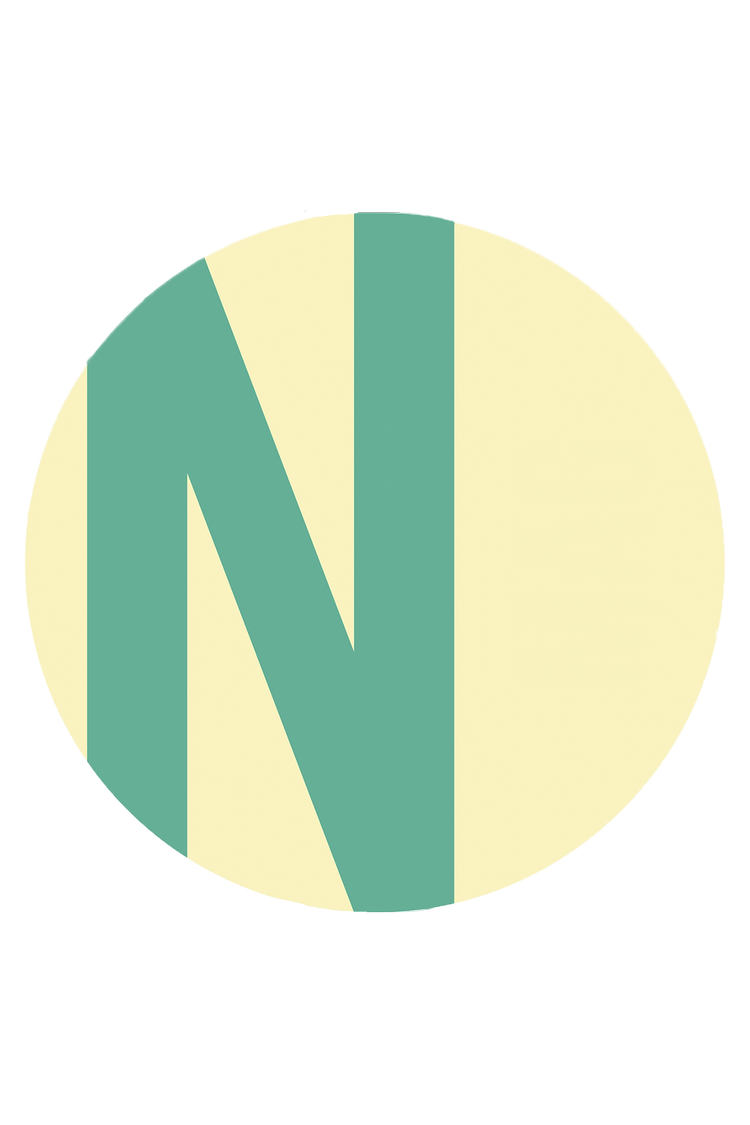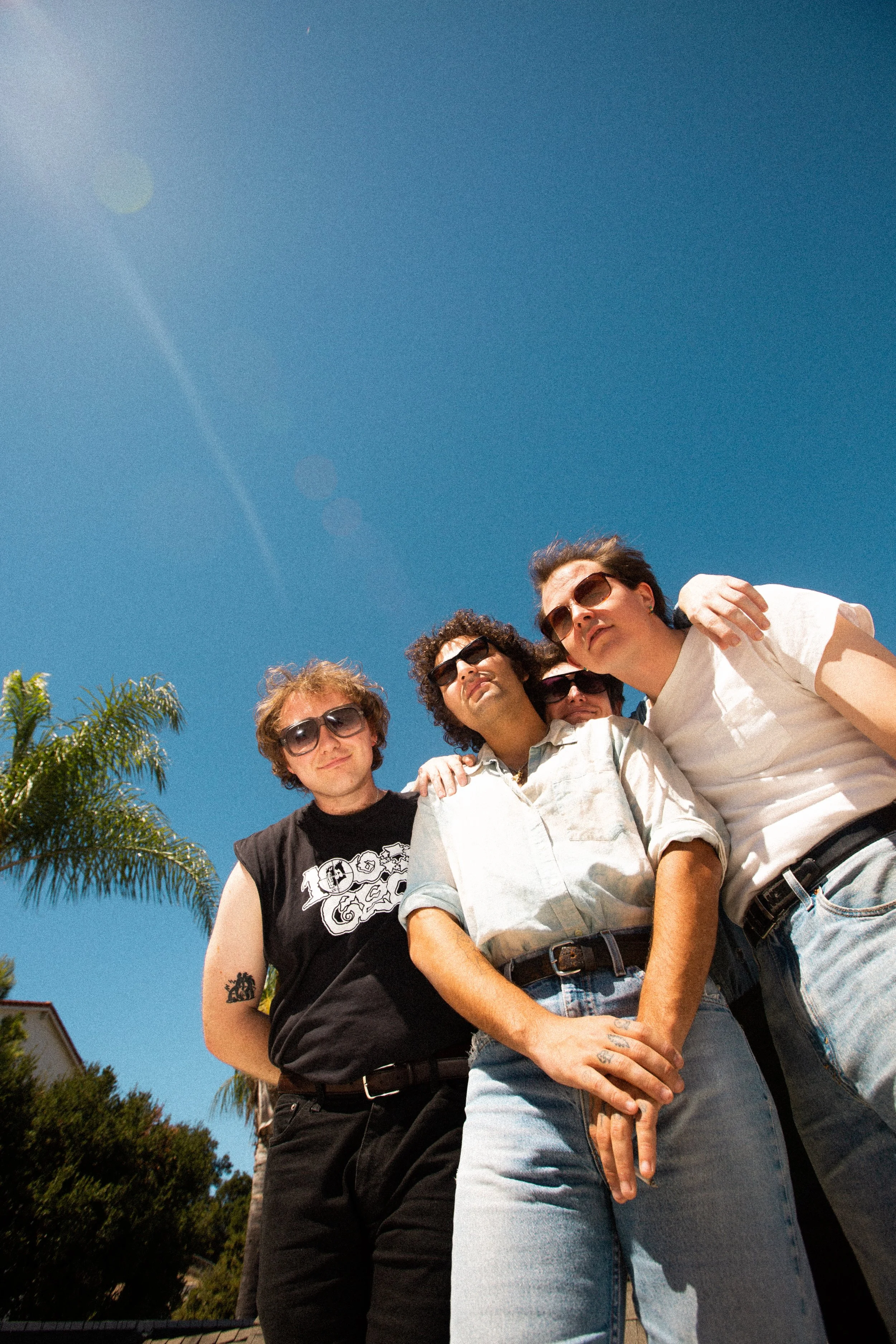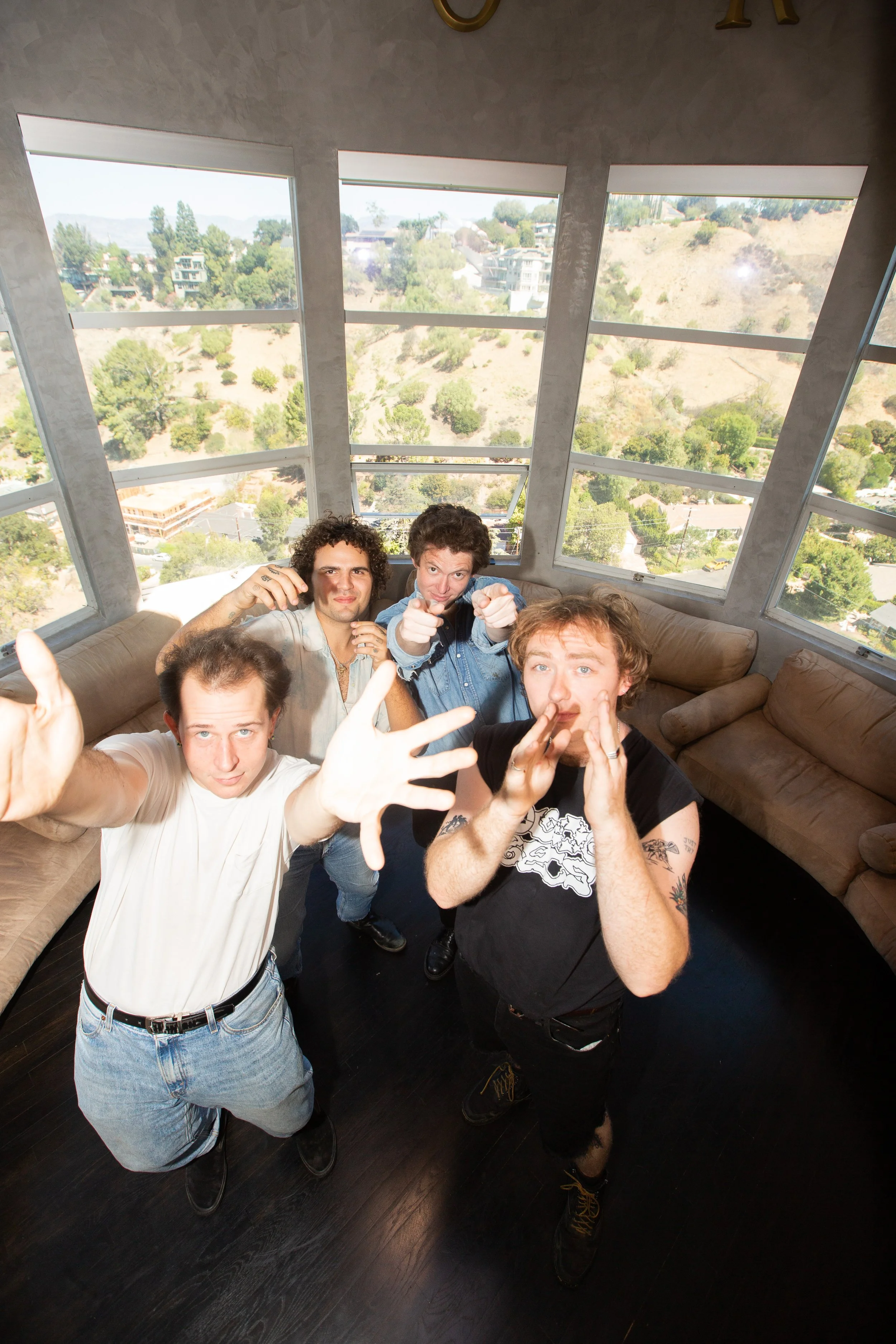Written by: Oliver Heffron
Indie rock band Surf Curse are riding their distinct indie-rock wave to a worldwide break. With a name inspired by a hippie uncle’s astral projection into hallucinatory hell and ultimate exorcism into devout catholicism, the band carves between the strange and familiar, filling tracks with head-banging, garage party riffs, and psychedelic introspection. On their new album and major label debut, Magic Hour, the band blends their indie-rock roots with aspects of alternative, punk, power-pop, psych-rock, and no-wave to create their most ambitious and engaging project to date.
The band recently sat down with Nuance for a video interview to discuss the band’s independent origins, sudden blow-up into the mainstream, and recording process for Magic Hour.
Formed in 2011 in Reno, NV, by lead vocalist/drummer Nick Rattigan and guitarist Jacob Rubeck, Surf Curse had been independently cultivating their sound in relative obscurity for nearly a decade. “We’d always liked playing music together growing up in Vegas because there was really nothing to do,” Rattigan says, “We appreciated music together. But then we started taking it more seriously in college. More seriously, I guess being like actually playing shows.”
Photo Credit: Slater Goodson
That changed in 2020 when their song “Freaks” suddenly blew up on Tik-Tok, earning 500 million streams worldwide and an RIAA-certified platinum plaque despite being released eight years before. With the viral success came a record deal from Atlantic Records. Thus the band, adding new members Noah Kohll (guitars) and Henry Dillon (bass), were faced with the beautiful problem of needing to create their first major-label album:
“It sort of came out of nowhere,” Rattigan explains, “it came out of left field because we weren’t doing anything. There was nothing going on. And then the “Freaks” blow up happened, and we got offered a record deal, and we were like, ‘Shit. I guess we have to write a record.’”
With the major-label backing that Rubeck describes as “unlimited power” in an Emperor Palpatine voice, the band bunkered down at New York’s iconic, Jimmy-Hendrix-commissioned Electric Lady Studios to record Magic Hour, falling in love with the place’s historical energy and creative atmosphere. Inspired by their surroundings, Rubeck explains how the band’s appreciation for rock music defines the album: “The whole album is a collage of us loving, and wanting to make important rock music.” Despite the intense focus on the album, it was impossible not to appreciate the lofty new surroundings. Guitarist Noah Kohll remembers sitting in the lobby, forty takes in to a guitar solo recording, trying to recreate an improvisation he did on a demo, and having his attention broken by Frank Ocean and Lorde walking past him.
Inspired additionally by the Jean Luc-Goddard documentary Sympathy for the Devil and the Rolling Stones, Surf Curse differentiates Magic Hour from their previous catalog by its increased sonic depth, careful songcraft, and expanded musical palette. Emotive string arrangements, carefully placed bridges, raging guitar solos, and even saxophone features create an engaging sonic journey across the album’s tracklist, all the while anchored by the band’s initial sound. “It’s very much still a Surf Curse record,” Rattigan said. “It’s not changing us,” Rubeck added, “as much as it’s just crafting more.”
Working extensively on the project with producer Chris Coady (Beach House, Yeah Yeah Yeahs, Grizzly Bear), who the group now treats as “family,” the band was equally impressed with his production prowess as his storytelling chops: “The way that we know him as a person, he’s so sweet and direct and knows how to keep things tamed,” Rubeck explains, “and then he just tells us like the most insane stories, and we’re like, ‘this guy has lived a life for someone who seems so well put-together.’”
Photo Credit: Slater Goodson
Even with the help of Coady, the support of their label, and the ambiance of Electric Lady Studios, the band still had to execute, and execute they did. From the blistering opener “Arrow” to the intimate, slow progression of closer “Randall Flagg,” “Sugar” delivers a power-pop anthem with thick guitar riffs with an explosive vocal performance, “Lost Honor” steps to a punk beat before unleashing an infectious guitar and vocal harmony, while “Self-Portrait” grabs you by the throat with its impeccable guitar riff, perfectly executed screams, and immaculate mixing that retains the energy of a live performance.
“Unwell” might be the band’s most impressive song to date, cycling from an upbeat, folksy bounce to heavily distorted metal riffs before slicing both sides together seamlessly with pianos and live strings. However, “Fear City” makes its claim with its incredibly fast-rhythm, gripping narrative, and show-stealing saxophone feature.
Speaking of the latter, Rattigan recollects his ambitious writing process on “Fear City:
“That is like, the most words that were put in a song my entire life. And I just was meticulously writing that song like for hours and hours when everybody else is doing their parts and like crafting it to be this perfect little thing that was super challenging…What was interesting about that record is I wasn’t on any social media, I wasn’t drinking; I was completely sober. So, I had to take all that energy and put it into something.”
Rattigan also remembers how the track’s defining saxophone solo came about in a magical session with the instrumentalist Stuart D. Bogie:
“We were listening to some stuff, like James Chance and crazy New York No Wave. And I was like, ‘just do that.’ And then he did it over the entire song, like vocals and all everything. I was like, Whoa, that was crazy. Alright, we’ll put it here here here…he just crafted all of it, it was crazy.”
Inspired by a movie called Eureka, specifically Gene Hackman’s gold-finding billionaire immorality, Rattigan, co-director Nathan Castiel, and actor Sarah Ritter create a visually impressive, sinister fantasy world in the music video for “Self-Portrait:” “The human story here is humanity being corrupted by something.”
With their first big-budget video, Rattigan creates a twisted, Wes Anderson-adjacent winter fantasy world around the concept of greed that he describes as “dark Disney.” The video visually portrays how the band has used its newfound support to further a vision brewing organically for years.
After the band’s highly-anticipated European leg, Surf Curse is back in the USA on their Epic World Tour, with tickets available here.


